Faith and power in the People’s Republic of China
Chinese Communist Party’s obsession with power — and its paranoia about its hold on it — is built into its DNA
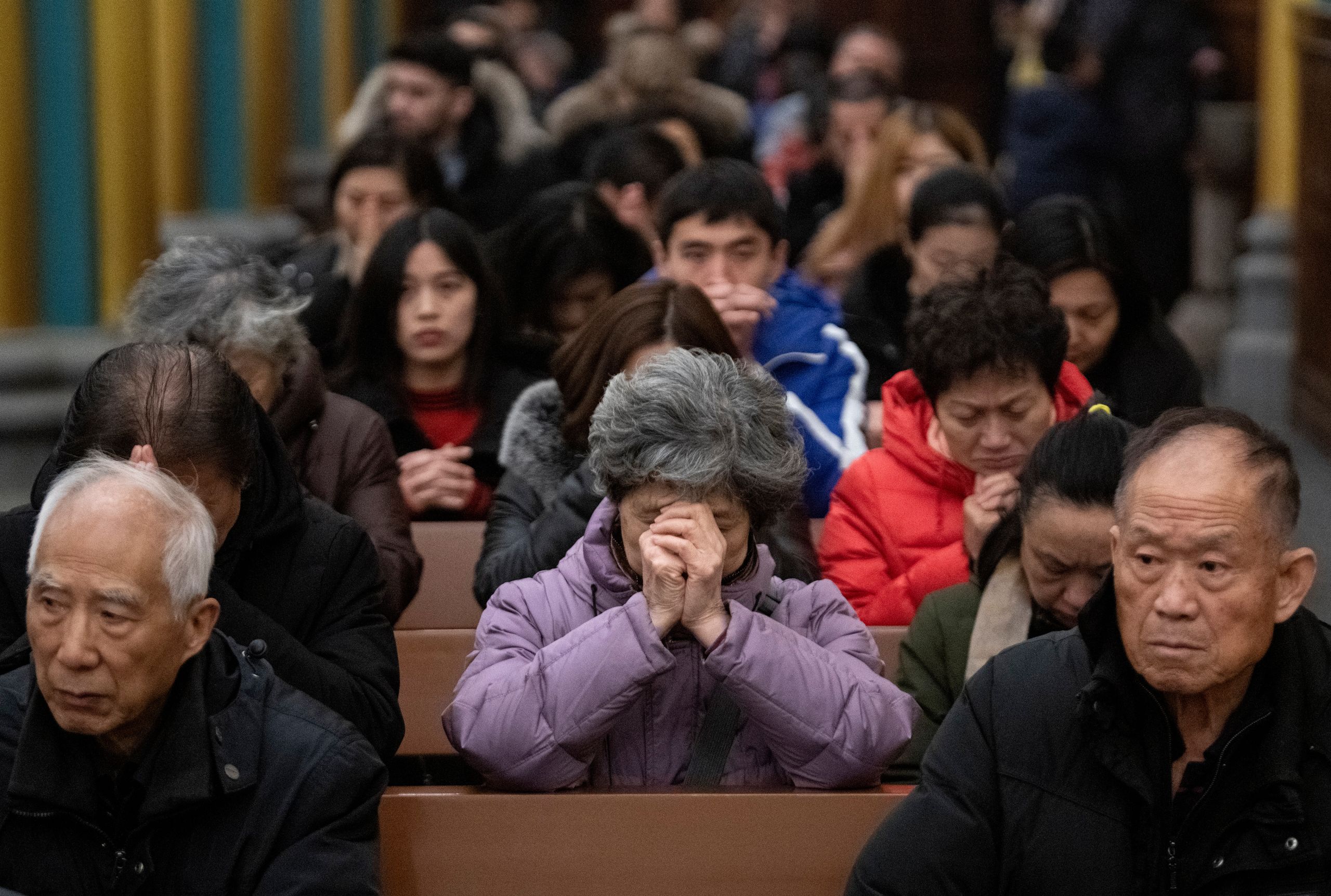
In China, the ongoing persecution of Muslim Uyghurs in Xinjiang and the recent 9-year prison sentence given to Christian Pastor Wang Yi are a reminder that it's the Chinese Communist Party and not the people who hold the power.
One has the right to religious belief in China but without the right to practice unhindered, these are empty words designed to create a semblance of freedom for the outside world.
Fundamentally, the party is concerned with the practice of religion because the party is concerned with power. It is on a constant war footing, ever alert to threats to its pre-eminent political position, which then enables it to exert control over all other sectors of China’s society.
The party’s focus on power, and its paranoia about its hold on it, is because the pursuit and retention of political authority is built into the party’s DNA. Mao’s writings over the foundational years of the late 1920s and into the 1930s illustrate well his own pre-occupation with the capacity of political power.
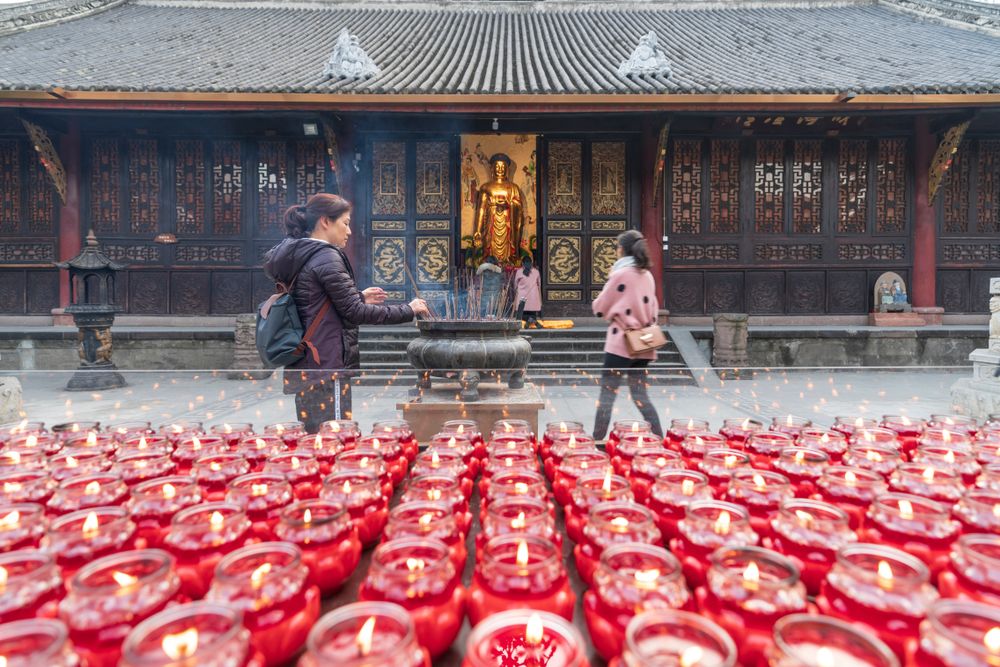
(shutterstock.com photo)
(shutterstock.com photo)
The dictum that ‘power comes from the barrel of the gun’ is a relatively well-known snippet from a speech of Mao, entitled ‘Problems of War and Strategy’, which he gave in 1938. The statement gains even greater resonance in the original context. The words following that quotation reveal how power is central to Mao’s thinking, and to all subsequent operations of the party.
“Every communist must grasp the truth: ‘Political power grows out of the barrel of a gun.’ Our principle is that the party commands the gun, and the gun must never be allowed to command the party. … All things grow out of the barrel of a gun. … Whoever wants to seize and retain state power must have a strong army.”
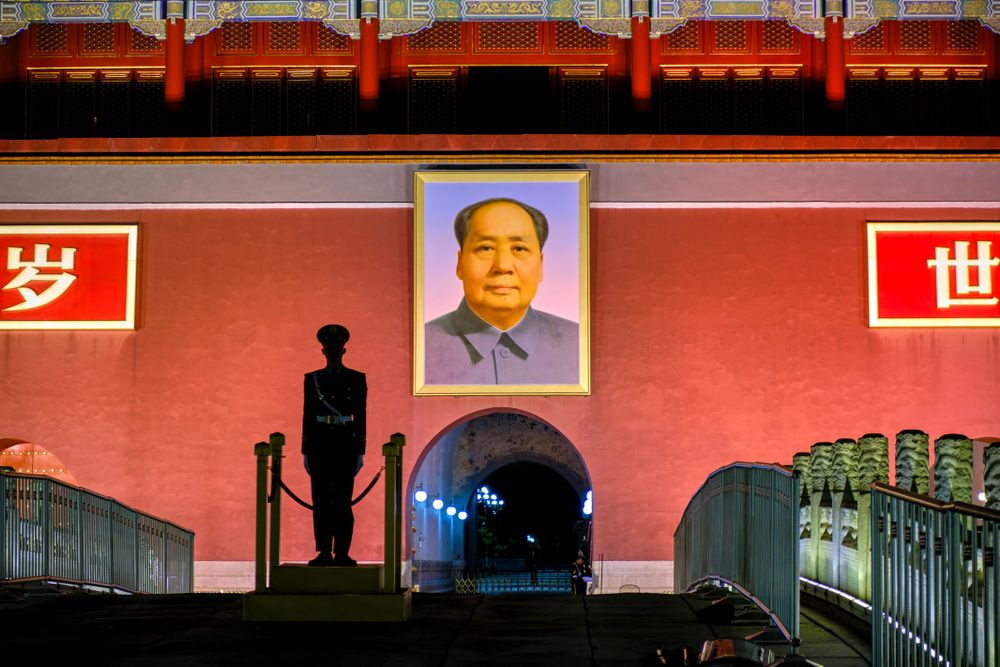
(shutterstock.com photo)
(shutterstock.com photo)
For Mao and all subsequent party leaders, it is this absolute hold on power, one backed by the military and other arms of the state — as for instance the People’s Armed Police and so on — that then enables it to control modern China.
Over the past 70 years the party’s control over the forces that wield the guns has kept the party in power.
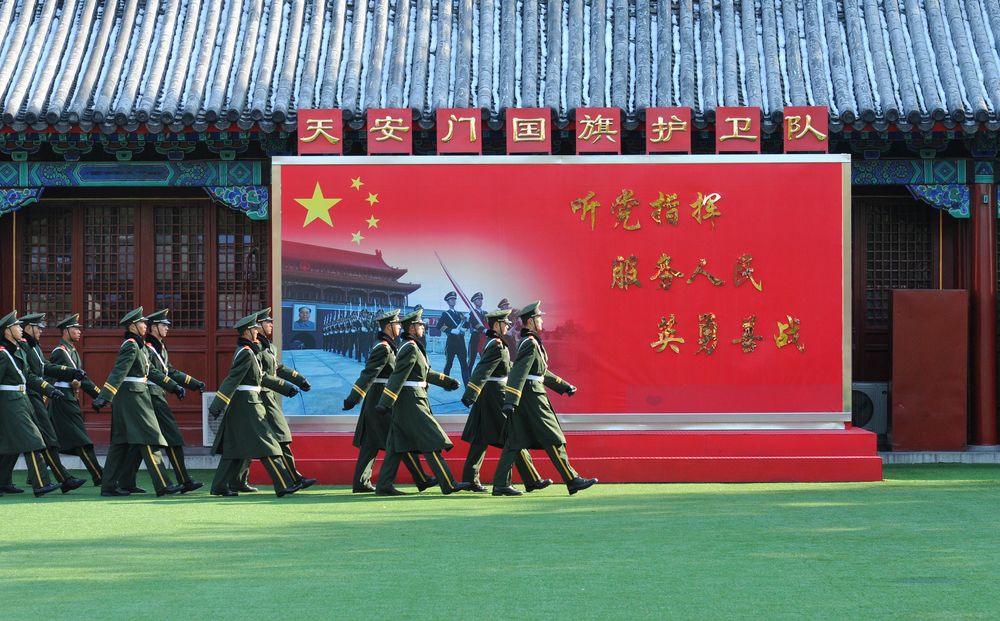
(shutterstock.com photo)
(shutterstock.com photo)
Any time there have occurred threats to the political stability of the country then this reality has been on display, be this from the forcible actions of People’s Liberation Army troops in Tibet since the uprising of 1959, through to the declaration of martial law in Beijing in the spring of 1989 which famously and tragically ended in the massacre on the night of June 3 and the early morning of June 4.
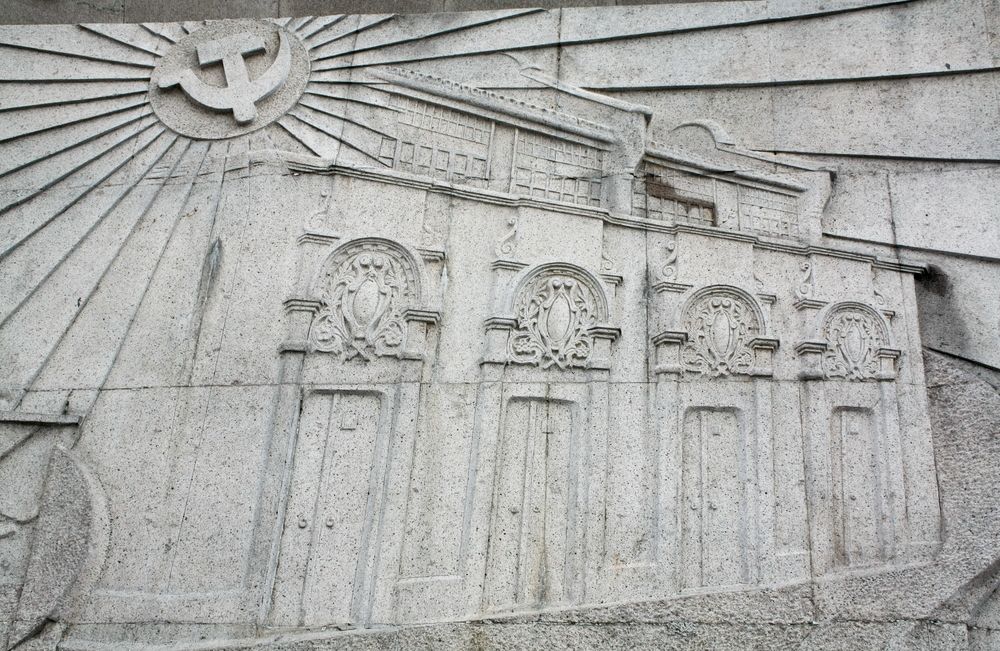
More recently under Xi Jinping, although there is renewed use of the language of religious freedom, such things as the arrest and imprisonment of Pastor Wang, show that religious activities continue to be closely watched and even more closely regulated.
Religion is seen as a key threat to the party’s dominance, not because the various religious communities are backed by battalions, but rather because religious belief has the capacity to bring people together in a way that subverts the party’s grip on power. Shared religious belief builds bond across villages and towns, between business folk and farmers, students and the retired.
More importantly, the commonality of religious practice means that religion can transcend national boundaries, as is the case with international faith communities present in China like Christianity, Buddhism and Islam. Even though China’s Muslims might not be able to make the pilgrimage to Mecca — although many now attempt to do so — they are still able to accompany their fellow believers in spirit. Their union is thus more with their co-religionists than a cadre.
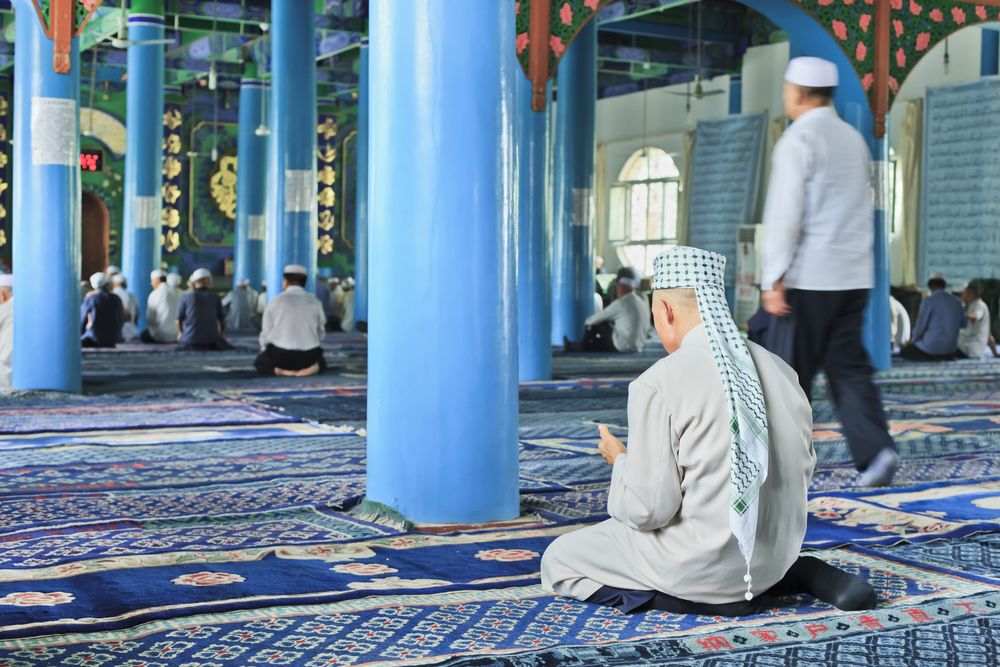
A file image taken inside a Hui mosque in Yinchuan province on July 19, 2012. (shutterstock.com photo)
A file image taken inside a Hui mosque in Yinchuan province on July 19, 2012. (shutterstock.com photo)
During the Cultural Revolution (1966-1976), when the party banned all forms of religious practice and killed and imprisoned priests, sisters, imams and monks, they could not stop the continued individual practice of rituals and prayers.
Chinese Catholics may have lost their priests, and thus the capacity to gather for Mass, but it did not stop them reciting the rosary in secret and thereby joining in a spiritual communion.
When pilgrimage sites were forcibly locked, as for instance Shanghai’s Sheshan Marian shrine, believers continued to keep the Marian image hidden in their homes — even if in smaller forms — and on pilgrimage days would follow the path in their minds.
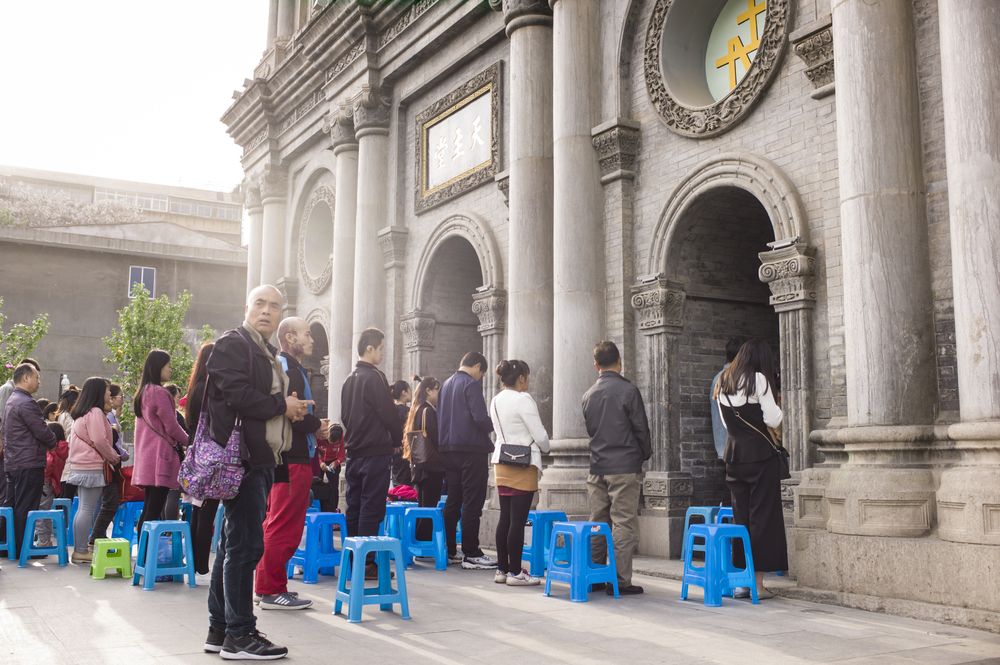
People gather for Mass at a Catholic church in Xian, Shaanxi province in central China. (shutterstock.com photo)
People gather for Mass at a Catholic church in Xian, Shaanxi province in central China. (shutterstock.com photo)
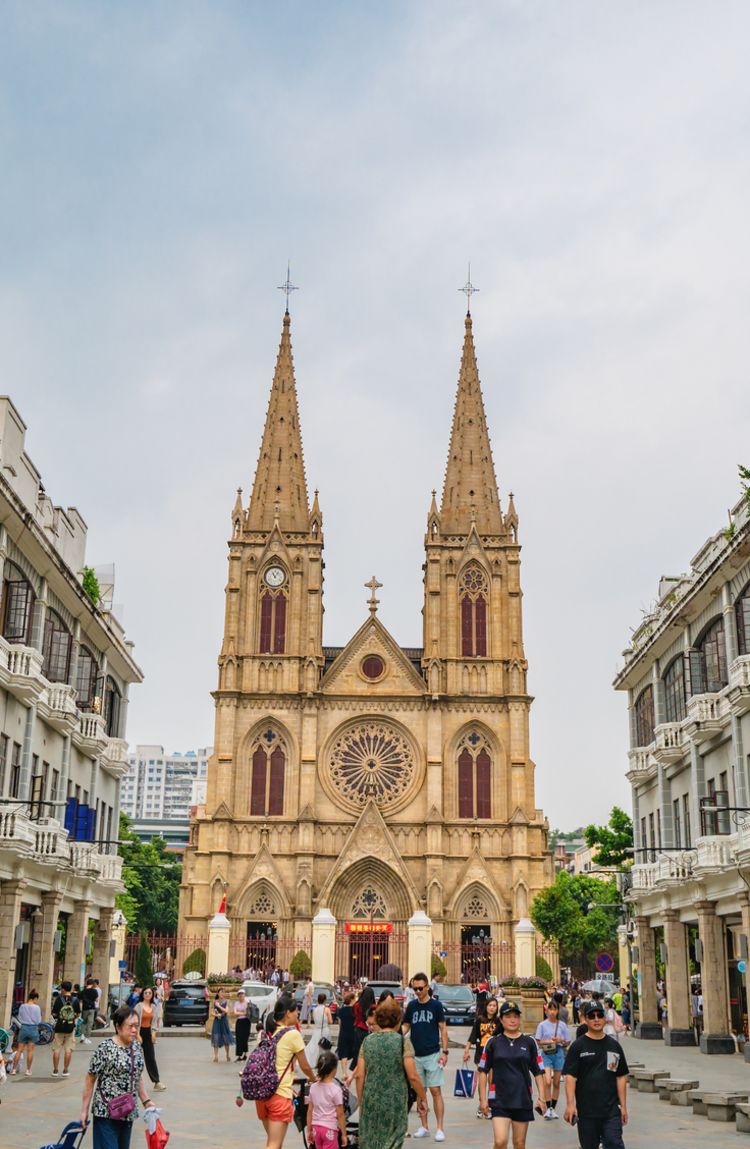
The Sacred Heart Cathedral in the Diocese of Guangzhou. (shutterstock.com photo)
The Sacred Heart Cathedral in the Diocese of Guangzhou. (shutterstock.com photo)
Religion is many things, but to the Chinese Communist Party it is also an alternative organizing force. It is such an aspect that panics the party, as perceived organizational capacity like this threatens the party’s unique hold on power.
This was starkly apparent when in 1999 the adherents of Falun Gong (Falun Dafa) gathered peacefully in front of party central in Beijing (Zhongnanhai); the sheer number of ordinary people assembled in this manner convinced the party that this mass movement had to be outlawed and suppressed, which the armed forces of the state then proceeded to do.
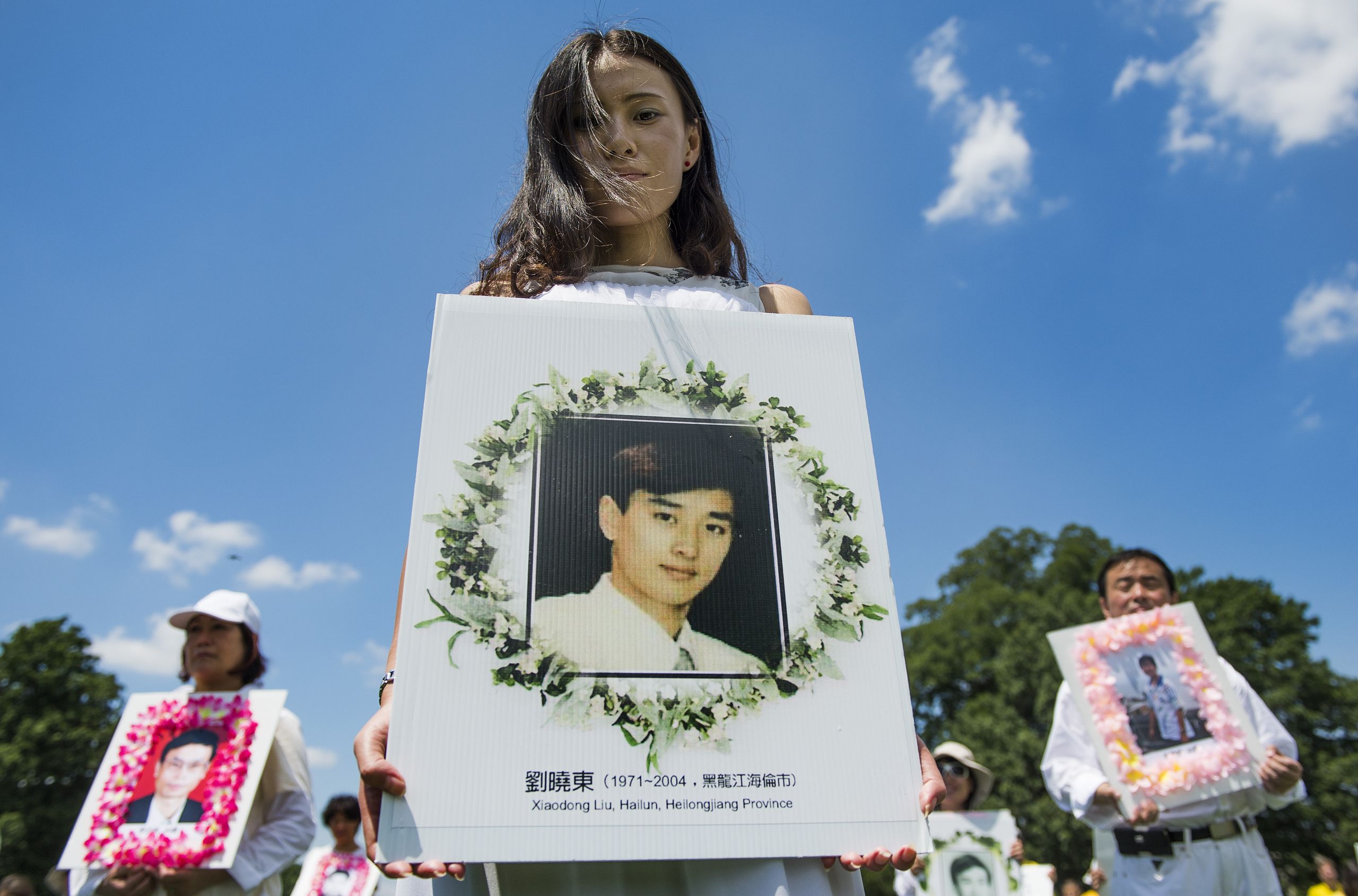
A Falun Gong practitioner hold memorial pictures during a march in Washington, DC, July 17, 2014, that called for the end to the persecution of Falun Gong practitioners in China. (Photo by Jim Watson/AFP)
A Falun Gong practitioner hold memorial pictures during a march in Washington, DC, July 17, 2014, that called for the end to the persecution of Falun Gong practitioners in China. (Photo by Jim Watson/AFP)
Religion is thus a mortal enemy of the party because it threatens its longevity, as well as obviously its legitimacy.
More particularly, not only is the power of the party thus under siege but so too are the attendant perks that CCP officials love so much, such as better houses, overseas connections and private bank accounts, elite schooling for cadre children in schools like Eton and Harvard and even access to organically farmed food to avoid the contaminants often added in local market-places.
To a party that believes in absolute rule, enforced by an army that guarantees this power, then belief in anything else is a dire threat indeed.
In the end then, it is not about the freedom of religion but rather about the retention of power.
Candida Jin* is an expert in Chinese religious history and contemporary culture and has worshiped in churches throughout mainland China, as well as throughout Asia. The views and opinions expressed in this article are those of the author and do not necessarily reflect the official editorial position of LiCAS.news.
*Penname used for security reasons.
© Copyright 2020 LiCAS.news
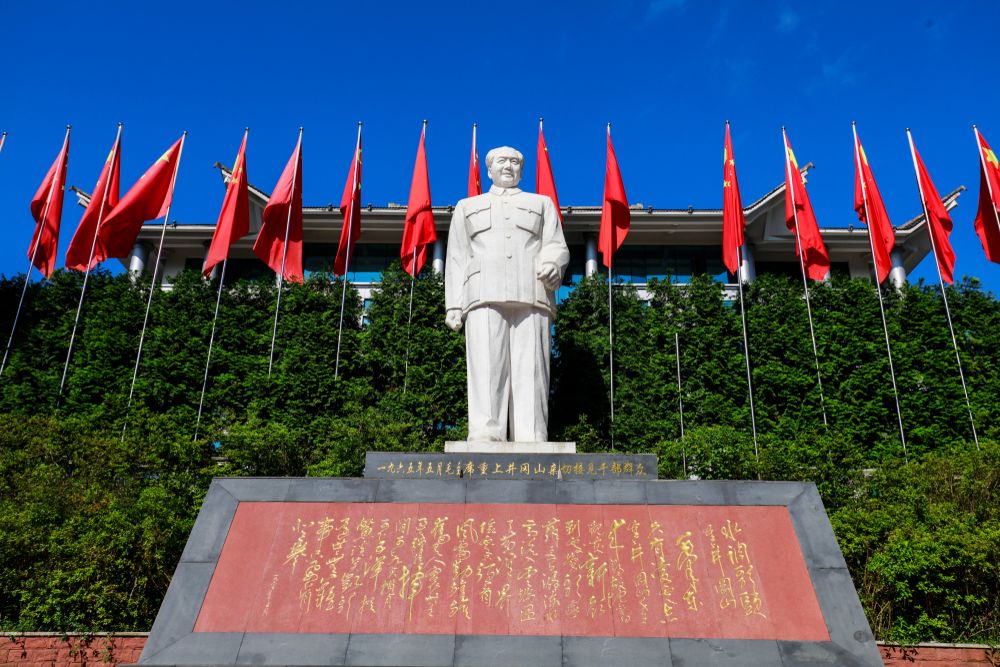
(shutterstock.com photo)
(shutterstock.com photo)
